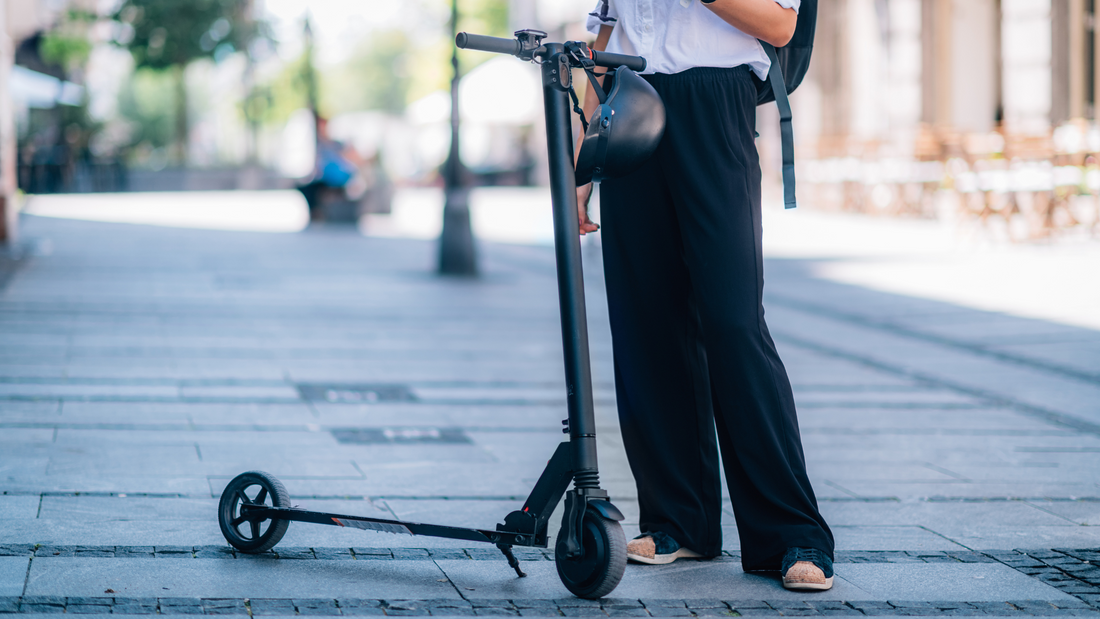If you live in or have recently visited Toronto, you may have noticed an uptick in electric scooters, particularly in the downtown core and east end. For years, these scooters have been a cost-effective and eco-friendly transportation option for many Torontonians. However, confusion remains about their legality.
In early 2021, the Toronto Municipal Government tabled a proposed electric scooter pilot program that other cities in the province had adopted. Since then, little information about the future of electric scooters in Toronto has been released by the government.
So, are electric scooters legal to ride in Toronto? In short, the answer is no. But let's delve deeper into this topic to understand the specific laws concerning electric scooters in Toronto.
The Current Legal Landscape in Toronto:
As of 2024, the legality of electric scooters in Toronto remains a hot topic. Despite their growing popularity, the city has set specific regulations and restrictions in place. According to a recent update from CityNews Toronto, while e-scooters are permissible on private property, their use on public roads, bike lanes, and sidewalks is still under scrutiny.
The City of Toronto's official website provides a detailed breakdown of the rules governing electric bicycles and scooters. They emphasize that while e-bikes are legal under certain conditions, e-scooters face stricter regulations due to safety concerns. The full report on electric scooter regulations can be found here: Toronto's official guidelines. Here's a concise overview of the Toronto Regulations for Electric Scooters.
E-scooter riders must adhere to the following:
- Riders must be at least 16 years old.
- Riders under the age of 18 must wear helmets.
- E-scooters are not allowed on sidewalks or pedestrian walkways.
- E-scooters can only be used on multi-use paths or bike lanes if local bylaws permit.
- E-scooters must be parked in designated areas without blocking pedestrian access.
- The maximum speed limit is 24 kilometres per hour (15 miles per hour).
- The motor on an electric scooter cannot exceed 500 Watts.
If an electric scooter's motor exceeds 500 Watts and/or its speed exceeds 24 kilometres per hour, it is classified as a motorcycle. This would require a driver's license, registration, and insurance.
If you know anything about motor transit laws in Ontario then you know that an insurance company will never provide insurance for an electric scooter. So if you plan on riding your scooter in Toronto, despite the law, make sure you avoid going over 24KM/HR and always wear a helmet, otherwise you might be subject to some hefty fines.
Safety and Legal Consequences:
Safety is paramount when it comes to the operation of electric scooters. CBC News highlighted the city's concerns regarding accidents and injuries related to e-scooters. The full report can be found here. In light of these concerns, the city has been vigilant in enforcing regulations to ensure public safety.
Moreover, non-compliance with these laws can lead to significant consequences. As of 2023, users may face fines of up to $25,000 and possible imprisonment for violating e-scooter laws and regulations within the city. These stern measures underscore the city's commitment to safety and order. To understand the full extent of these penalties, visit our detailed article on the subject.
Despite existing regulations, many Torontonians continue to ride their electric scooters without penalty. How do they manage this? The fact is, many officers overlook electric scooter use provided riders are safe and considerate. Electric Scooter Etiquette is crucial. As long as you follow the rules, wear appropriate safety gear, and avoid reckless riding, you should not face any consequences. We at T-Dot Wheels regularly ride our electric scooters in Toronto without any problems. Visit our TikTok channel for examples of safe scooter riding in Toronto.
Other Electric Scooter Pilot Programs in Canada:
While Toronto grapples with its regulations, other Canadian regions have embarked on e-scooter pilot programs. In the Durham Region, for instance, electric scooters have been given the green light under specific conditions. The program, detailed on the Durham Region’s website, aims to assess the feasibility and impact of these vehicles in a controlled environment.
In the Durham Region, both Bird Electric Scooters and Neuron Scooters have been introduced under this pilot program. These rentable scooters allow users to rent a scooter and only pay for the duration of their ride. Check out our comparison video to see the differences between renting and owning an electric scooter:
Similarly, Vancouver has launched its own pilot, setting a precedent for other cities to follow. The City of North Vancouver's website provides comprehensive information on this initiative, highlighting its duration and regulations. You can learn more about Vancouver's approach here.
The Debate: Convenience vs. Safety:
The debate over electric scooters in Toronto is a classic case of balancing convenience with safety. Advocates argue that e-scooters offer an eco-friendly, efficient mode of transportation ideal for navigating the city's often congested streets. Detractors, however, raise concerns about pedestrian safety and the potential for accidents, as highlighted in various reports on Toronto's e-scooter laws and regulations.
The decision to green light electric scooters in Toronto will come down to this debate, is the convenience factor of electric scooters worth the potential safety risks to riders and pedestrians? Our standpoint on the matter is that Electric Scooters are no more dangerous than bicycles or e-bikes, so why should scooters have to face stricter regulations?

Public Opinion and Participation:
In Toronto, public opinion plays a significant role in shaping transportation policies. The city often engages its residents in decision-making processes, especially on matters that directly affect daily life. Public forums, surveys, and town hall meetings are common platforms for voicing opinions on the e-scooter situation.
Public opinion frequently fluctuates regarding electric scooters. However, a Facebook Group for electric scooter riders in Toronto, with over 4,000 members, advocates for their legality. This group is one among many in the city. If the government truly considers public opinion, it's probable that the pilot project will receive approval.
Environmental Impact and Urban Mobility:
Another critical aspect of the e-scooter conversation is its environmental impact. With cities worldwide striving for greener solutions, e-scooters represent a step towards reducing carbon emissions and promoting sustainable urban mobility. Toronto's environmental policies, available for review on the city’s official website, often reflect these green initiatives.

Will Electric Scooters Ever Be Legal in Toronto?
So, what does the future hold for electric scooters in Toronto? The city is undoubtedly observing the outcomes of pilot programs across Canada closely. Lessons learned from Durham and Vancouver could inform Toronto's approach to integrating electric scooters into its urban landscape. For the latest news and updates, keep an eye on our TikTok channel where we post up-to-date information about electric scooters daily!
As we roll into the future, the status of electric scooters in Toronto remains a dynamic and evolving topic. Whether they become a permanent fixture on Toronto's streets or remain restricted under current legislation, their presence has sparked important conversations about urban transportation, safety, and sustainability. Stay tuned and informed by following ongoing developments and contributing to the dialogue about this exciting and modern mode of transportation. We’d love to hear your thoughts on the matter! Drop a comment below with your thoughts on the electric scooter debate below!
If you’re interested in improving convenience in your life while reducing your carbon footprint check out T-Dot Wheels’ wide selection of Electric Scooters today.


1 comment
I don’t think The wattage of the battery should matter as long as you’re doing the speed limit the city recommends for scooters. a 500watt battery doesn’t get you that much range compared to 1000+ watt battery where you can get 100 km range. It’s like saying you can’t have a Ferrari on city streets because it goes too fast. As long as the Ferrari is doing the speed limit it doesn’t matter. Hopefully the pilot program considers that yes higher watt batteries Scooters do have much greater speeds but they also have greater distances Less charges.